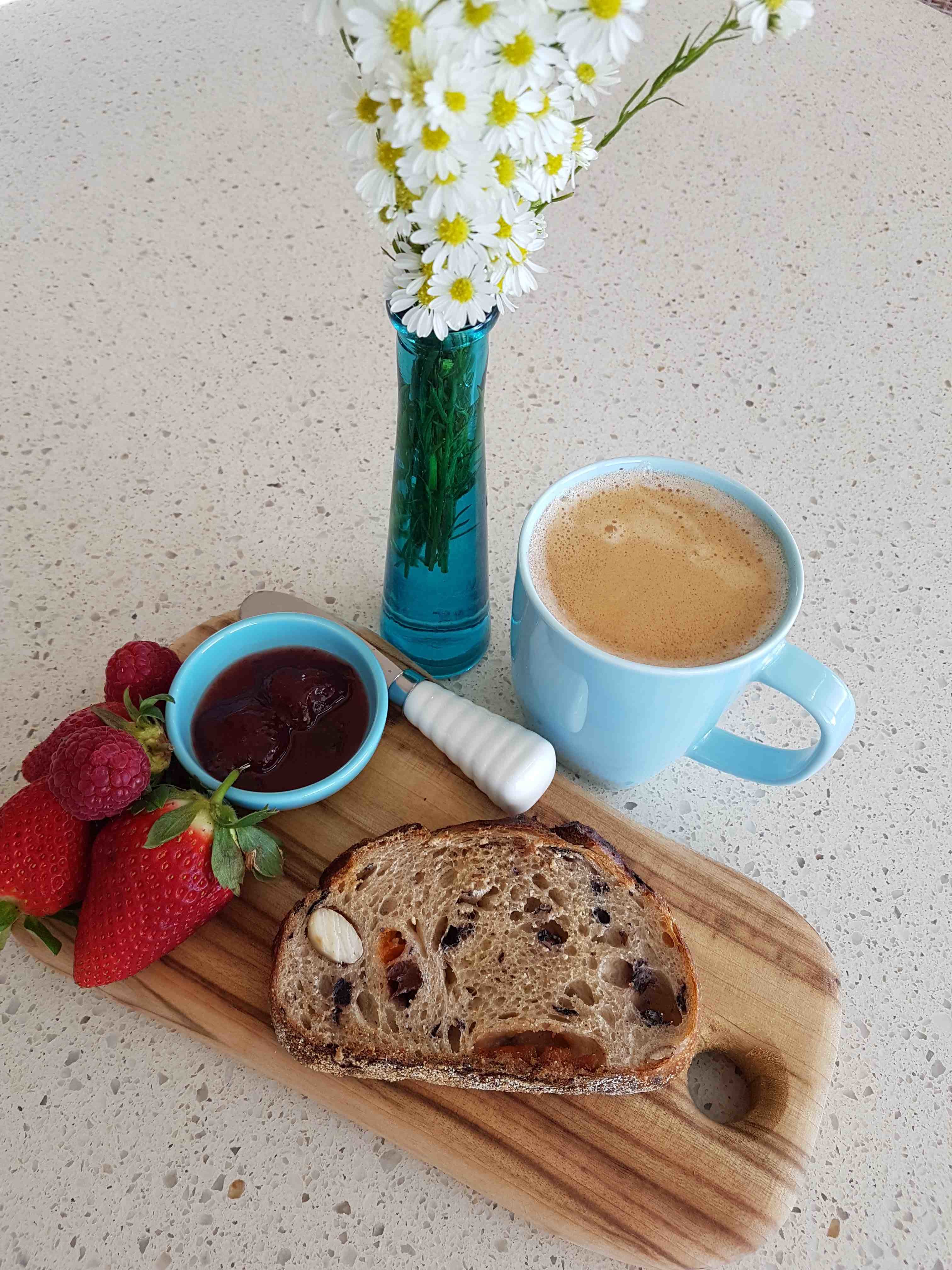 We certainly live in a vibrant coffee culture and it is fair to say that many of us share a love of coffee. While our overall coffee consumption has declined slightly in recent years, our café visits and ownership of household espresso machines has risen. A 2014 study reported that parents have a higher coffee consumption than those without children and their weekly coffee serves increase as the children get older. Recent trends are showing that coffee has become a crucial part of the Millennials’ (19 – 34 year old) identity. They are using coffee for an early morning wake-up, late night work or a pick-me-up instead of a nourishing meal.
We certainly live in a vibrant coffee culture and it is fair to say that many of us share a love of coffee. While our overall coffee consumption has declined slightly in recent years, our café visits and ownership of household espresso machines has risen. A 2014 study reported that parents have a higher coffee consumption than those without children and their weekly coffee serves increase as the children get older. Recent trends are showing that coffee has become a crucial part of the Millennials’ (19 – 34 year old) identity. They are using coffee for an early morning wake-up, late night work or a pick-me-up instead of a nourishing meal.
Every individual has a different sensitivity to coffee. One person can “bounce off the walls” after a latte, whereas someone else can have a short black just before bed. Caffeine is a stimulant and excites the central nervous system by blocking adenosine receptors in the brain to improve mood and alertness. Some people have more adenosine receptor sites and are more sensitive to the effects of caffeine. Your genes will also determine how quickly your body will metabolise caffeine in the liver and how sensitive you are. Your habitual coffee intake will also determine your caffeine tolerance.
As a stimulant, coffee can keep us alert and focused. However, too much can release an excess of adrenaline and put us into “fight or flight” mode.
Coffee is a rich source of natural antioxidants, particularly polyphenols, which have health promoting effects. Drinking coffee in moderate amounts (3 cups a day) can reduce risk of Type 2 Diabetes (25%) and cardiovascular disease (21%). There is also some evidence that coffee can reduce risk of Parkinson’s disease, Alzheimer’s disease and liver disease.
Some negative short-term effects of excess coffee consumption or caffeine sensitivity include insomnia, poor sleep, restlessness and feeling jittery. Caffeine can increase the heart rate which is why people with high blood pressure should moderate their coffee intake. People with heartburn or reflux may only tolerate one cup of coffee each day.
The recommendation for caffeine intake for healthy adults is no more than 400mg a day, and pregnant women should have less than 150mg a day or avoid totally.
Look at the reason for wanting your next coffee and give your body what it may actually need – a snack or meal, a break from the desk, some sunshine or even some rest and sleep. When you choose your coffee, opt for reduced fat milk, regular size and ease up on the syrups. A good tip is to switch your hot drinks over to green tea mid-afternoon.
Caffeine in Common Beverages
Plunger coffee (250mL) 190mg
Espresso shot (50ml) 145mg
(Used in latte, flat white, cappuccino, short black)
Instant Coffee 60-80mg
Black tea 50mg
Green tea 30mg

